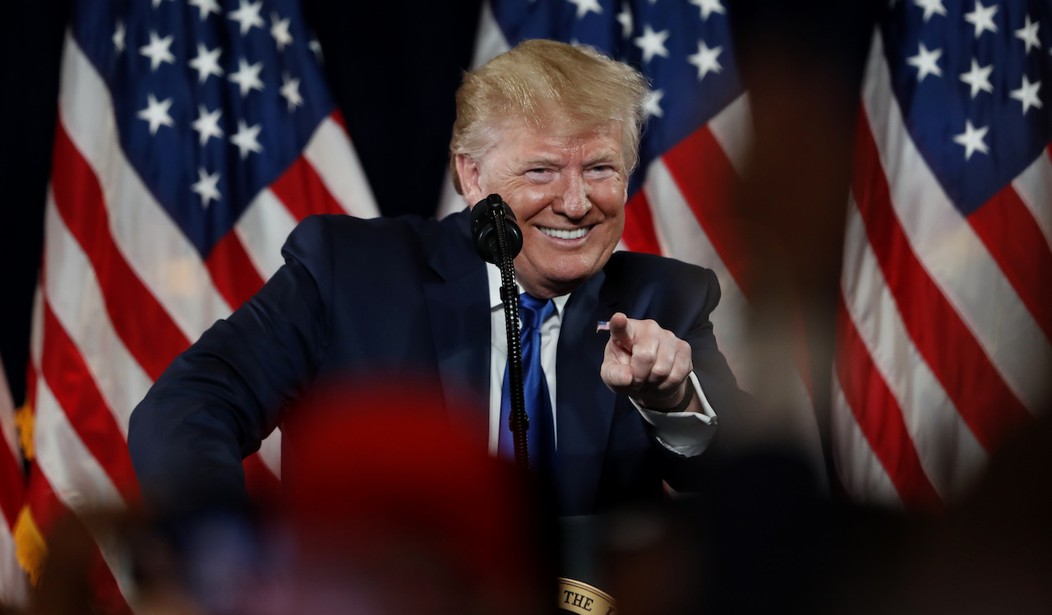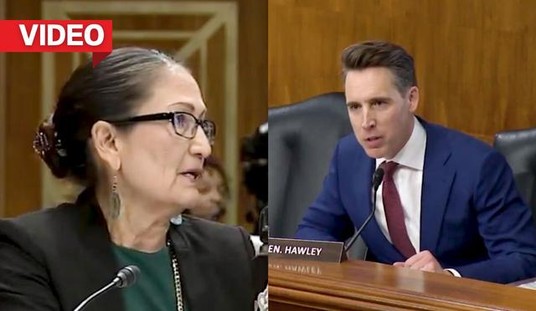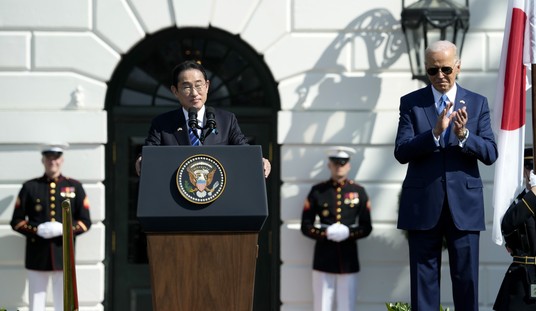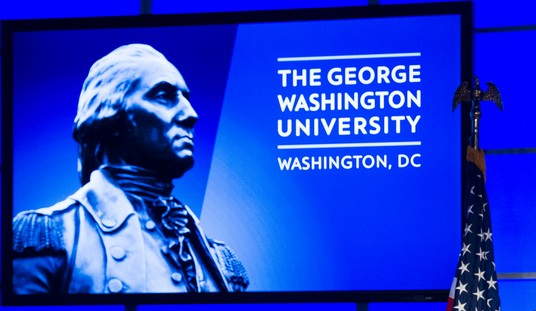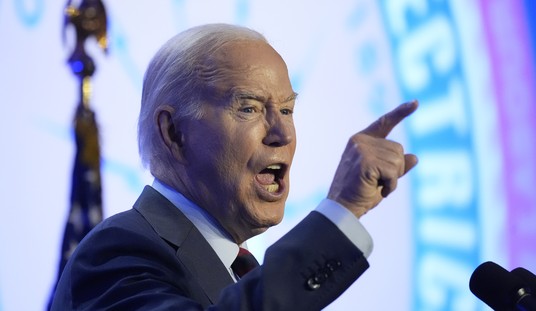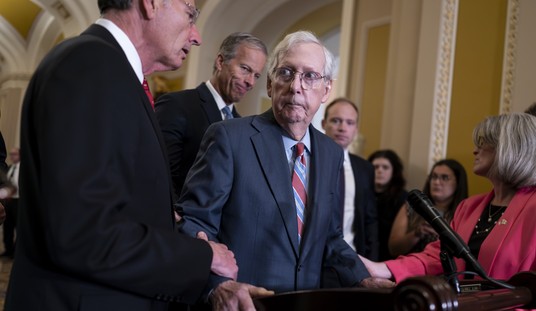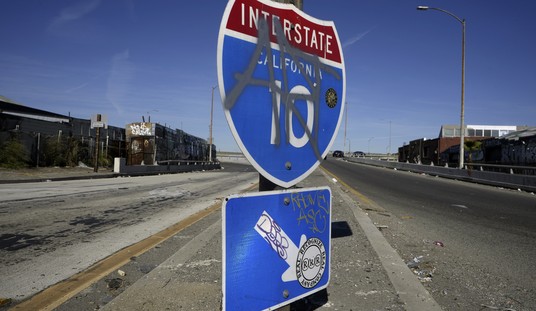Our political media have a chronic, serious problem in an era of news drama and hyperventilation that not many news consumers understand. Media need — well, they think they need — new news to attract clicks every day or hour, even when there is no new news.
I know. I’ve been there.
So, what they do is ask a new question about the old news that makes the item seem fresh. Then they pose that question to a bunch of “experts” they know will give the desired responses, then string the answers together as if something happened.
That’s how readers were lured from their mental bunkers recently and presented with the novel midterm issue: Is the November red wave really inevitable in this year’s midterm elections on Nov. 8? I raised that issue a while back as a warning against conservative over-confidence and complacency.
Or has an issue — say, the Dobbs abortion decision – dramatically dissolved GOP midterm momentum?
The advantages to such questions are numerous. They please liberal readers by providing a reason to click via hope of avoiding another historic shellacking like the 2010 one Barack Obama and Joe Biden took in their first midterms.
They give conservatives reason to click from fright that the previous media meme of a huge guaranteed GOP victory is no longer credible, like much of anything else they report, rendering impossible the dream of paralyzing Biden’s inflationary spendathon.
Such a theme will get media outlets through three, maybe four weeks of news cycles. To be sure, it is semi-manufactured news. But it works because so many news consumers don’t know how the system works. And, gift from Heaven, come Nov. 9, no one will remember September’s empty media ponderings anyway.
The next media question is already simmering. It seems pretty much given now that Donald Trump will seek political resurrection in 2024, regardless of the enduring damage that could do to his adopted Republican Party brand.
Media don’t have his volatile social-media postings daily and D.C. presence anymore, but they smoked their Trump crack for five profitable years and miss it.
Most media have failed rehab from that addiction, as demonstrated by their blanket, hyped coverage of the Jan. 6 kangaroo court that prohibited cross-examination to produce a precooked verdict against him.
Trump’s White House departure, which media helped engineer by ducking coverage of Hunter Biden’s ticking laptop and its corrupt connection to the Big Guy, gave them a serious case of virtual Crohn’s Disease. See, for example, CNN’s ongoing cratered ratings and corporate convulsions here and here.
So, the media’s emerging question is – wait for it! – which Republicans might challenge the Orange Man and how likely will that hand a 2024 victory to an about-to-be 82-year-old Joe Biden, or his party’s designated hitter?
More deliciously for them, how badly will such a bare-knuckled competition of ambitions by “right-wing extremists” devastate the “divided” party of Lincoln?
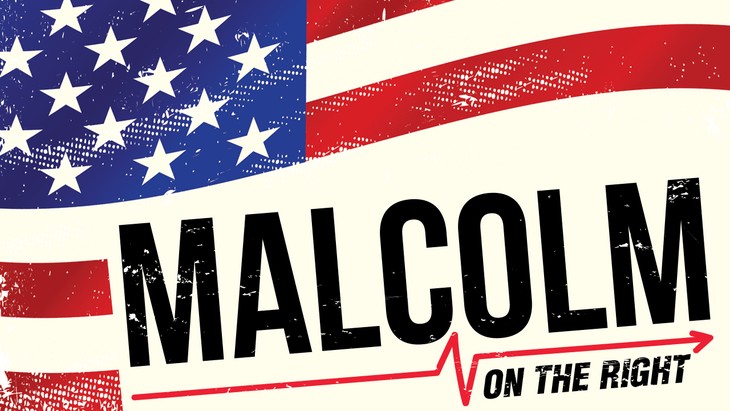
Competition, the American ethos goes, produces lower prices and a better product. Problem is, stiff competition for a nomination can produce disappointing party results in the November championship round. See Hubert Humphrey in 1968, Gerald Ford in 1976, Jimmy Carter in 1980.
Fact is, our modern political parties prefer coronations, not unlike the one coming up for Britain’s Charlie 3PO, who has no competition.
Give the presidential nomination to the incumbent president or the next in line like Ronald Reagan in 1980. But that doesn’t always work. See George H.W. Bush in 1992, Al Gore 2000, John McCain 2008, Mitt Romney 2012, Hillary Clinton 2016, Trump 2020.
Democrats appear to have a real problem in 2024 if their current incumbent isn’t somehow convinced to shuffle off to shake hands with invisible friends on a Delaware beach. There is no realistic team bench to replace him. His “retirement” would seriously damage Hunter’s international influence-peddling ring.
But Jill could hire a cooperative ghostwriter to create a glowing chronicle of hubby’s four years of serial vacations and screw-ups that liberal book publishers would pay a fortune to lose money on.
Republicans have their own predicament. Trump would be 78 in 2024, same advanced age as the 40-watt Biden when Democrats in 2020 ignored his basement habitat, name-calling, and mental meanderings to select him as their least-worst alternative to the reviled Trump.
Trump was a vital, energetic 2020 candidate daily doing three and four rallies in different states. As a caterpillar becomes a beautiful butterfly, the obstreperous Trump could experience his own metamorphosis.
He could declare that he had changed U.S. politics (he did), pulled off arguably the most impressive election upset in modern political history (he did), refreshed the Republican base with new, younger, more diverse blood (he did), and, one by one, accomplished most of his original goals (he did). So, he was moving on.
He could become the party’s elder statesman and kingmaker and deny Democrats his catalyzing presence. He could encourage the younger wannabes with a far better chance of winning in 2024 to appear before his throne for a coveted endorsement and fundraising support, remain the center of attention with his fervent followers, and ensure himself a unique place in American political history. He could do that.
He won’t.
Which means those wannabes must decide. John F. Kennedy announced his 1960 candidacy 10 months before Election Day. Bill Clinton was 13 months before in 1991, George W. Bush 16 months in 1999, Obama and Hillary 21 months in 2007, Elizabeth Warren 22 months in 2019. And that was just their announcement.
Today’s campaigns take years to assemble PACs, donor networks, policy teams, strategies, platforms. Several potential 2024 GOP candidates are doing that now, you know, just in case. It may come to nothing in the end, but it certainly will come to nothing if they don’t start now. The cover story is: “We’re just helping our 2022 party candidates,” which they are.
They’re also simultaneously helping themselves, earning favors, test-driving speaking styles, speeches, and team members. The GOP historically prefers governors who are executive doers, not maneuvering legislative talkers.
That explains the prominence of Ron DeSantis (43). And Glenn Youngkin (55). Mike Pence (63). Nikki Haley (50), Kristi Noem (50), Greg Abbott (64), Rick Scott (69). This cycle’s roster of potential candidates is longer than the 17 from 2016.
Each has their own strengths, weaknesses, strategies, and timetables. DeSantis, for instance, must first win reelection this year without appearing to plan an absentee governorship to seek another office. Same for Abbott, Noem, and Sen. Tim Scott (56) of South Carolina.
Each must also plan what to do when, presumably, Trump announces. They can abort and help Trump or slip into the wings and await 2028, when the smoke and turbulence have settled.
There is also Liz Cheney (56) and Larry Hogan (66). Neither has any realistic chance of doing more than siphoning Trump votes.
A few others, however, could respectfully challenge Trump while expressing profound appreciation and admiration for his genuinely historic achievements and record.
That’s a risky path for sure but one with high rewards if polls are accurately reporting a modest but steady stream of Republicans draining away from the man they admired and loved but who’s not focused on the future with his ongoing futile claim of a stolen 2020 win.
If I had to guess, which I don’t but this is fun, I’d say the most likely to challenge could be Nikki Haley and Tom Cotton. She was an effective two-term, conservative governor of South Carolina with a compelling personal story who stood up to Trump at times while his UN ambassador.
Tom Cotton (45) is an Arkansas senator who need not run again until 2026. He has a ranching background and a resume that includes a law degree, House term, and two combat tours as an Army Ranger with a Bronze Star.
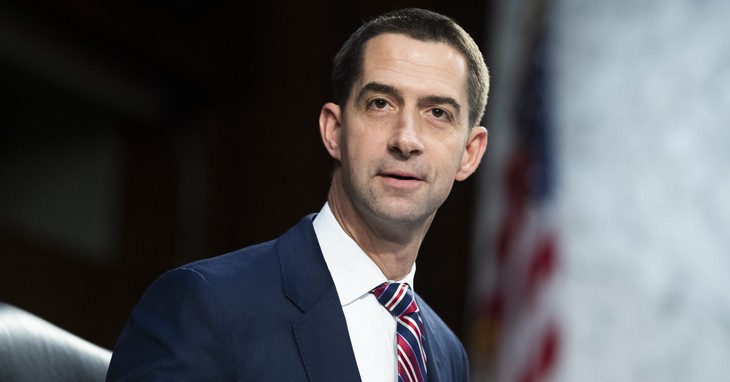
It’s been 14 years since we had a president with military service, the longest gap since World War II.
Now, here’s a media question you can answer yourself: As soon as the midterm elections are over, do you think the media will start asking their concocted 2024 questions?

